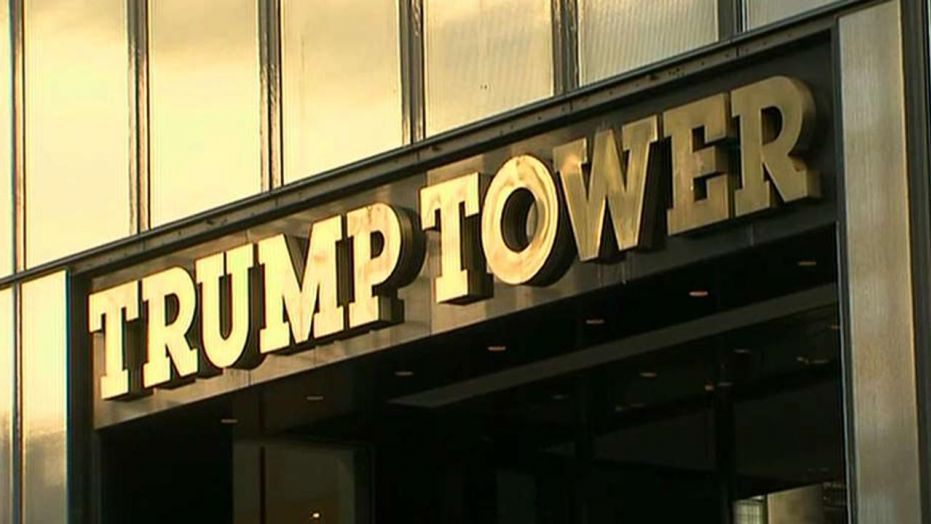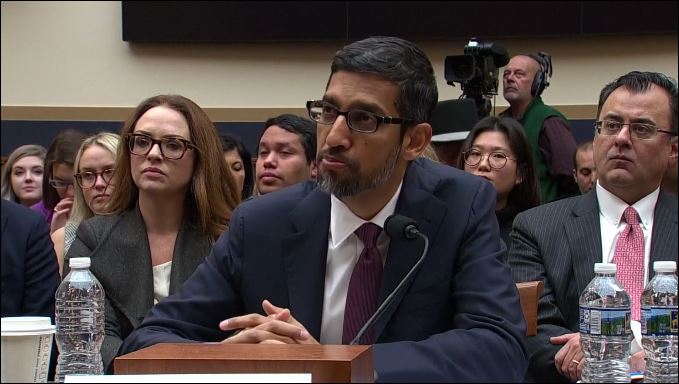The brainiac that is Rush Limbaugh has figured out the whole raising the debt ceiling thing, and according to Mr. Limbaugh, not raising the debt ceiling means nothing, except that “we wont be able to borrow any more.” Here’s The Brain at work, while talking to a caller to his radio show;
LIMBAUGH: Here’s the point, it’s a scare tactic. It really isn’t possible, there is always money coming in. The government can count on tax revenue from any number of sources and activities, there will always be money coming in. They can always print money. This default business is a straw dog, it’s a straw man they’re throwing out there to you. You want to know what the actual manifestations of an official default would be —
CALLER: Yeah, absolutely. Because, I mean, just looking in recent history, we were listening to the media and they’re talking about how bad a government shutdown would be —
LIMBAUGH: It just — all it means is we won’t be able to borrow anymore. That’s all it means. All it means is we have to live within our means.
CALLER: Well I don’t think that would be too bad then.
LIMBAUGH: No, it’s not. You know, the whole business — I shocked a lot of people yesterday when I said not raising the debt limit is an option.
Of course, that’s just Limbaugh’s view, shared by his immediate audience. But what are the facts of not raising the debt ceiling?
The United States has always carried a federal debt and there are two basic types of debtors. Debt held by the public and those held by other governments. Raising the debt ceiling allows the United States to pay its bills to these two entities, thus, maintaining its triple-A ratings worldwide. Just like not paying your credit card directly affects your abilities to get further credit and eventually lowering your credit ratings, causing potentially adverse effects in the future, the same is true for the United States.
While Limbaugh is partly right–that the Federal government would always have money coming in through tax revenue–this revenue would not be able to sustain the obligations of the government, especially since the we presently have a deficit, hell-o!
According to the Congressional Research Service, “the federal government would need to rely solely on incoming revenues to finance obligations. If this occurred during a period when the federal government was running a deficit, the dollar amount of newly incurred federal obligations would continually exceed the dollar amount of newly incoming revenues.”
So this is not the time to rely solely on tax revenues to pay the federal debt. It is frankly, unrealistic to be expected to pay your bills with money you don’t have. Treasury however, have some other tricks up their sleeves to avoid reaching the debt limit, and have successfully employed these tricks in previous years, 1985, 1995-1996, 2002 and 2003. Some of those tricks included;
To delay issuing new short-term government securities to the Civil Service Retirement and Disability Trust Fund, the Social Security Trust Funds, and several smaller trust funds. In particular, new Treasury obligations could not be issued to the trust funds because doing so would have exceeded the debt limit. Treasury took the additional step of “disinvesting” the Civil Service Retirement and Disability Trust Fund, the Social Security Trust Funds, and several smaller trust funds by redeeming some trust fund securities earlier than usual.
Again, our economic situation now does not allow for the Treasury to take these steps, so raising the debt ceiling is the only other option.
But if we were to follow Rush’s misinformed blabbering, and the debt ceiling is not raised, the United States could not pay its bills.
Potential Economic and Financial Effects
In addition to the potential impact on federal programs and activities if the debt limit is not increased, there may also be economic and financial consequences. A 1979 GAO report described the consequences of failing to increase the debt ceiling. GAO said the government had never defaulted on any of its securities, because cash has been available to pay interest and redeem them upon maturity or demand. Further, GAO said a default on the securities could have adverse effects on the economy, the public welfare, and the government’s ability to market future securities.
It is difficult to perceive all the adverse effects that a government default for even a short time would have on the economy and the public welfare. It is generally recognized that a default would preclude the government from honoring all of its obligations to pay for such things as employees’ salaries and wages; social security benefits, civil service retirement, and other benefits from trust funds; contractual services and supplies, and maturing securities…. At a minimum, however, the government could be subject to additional claim.
Source: The Congressional Research Service









